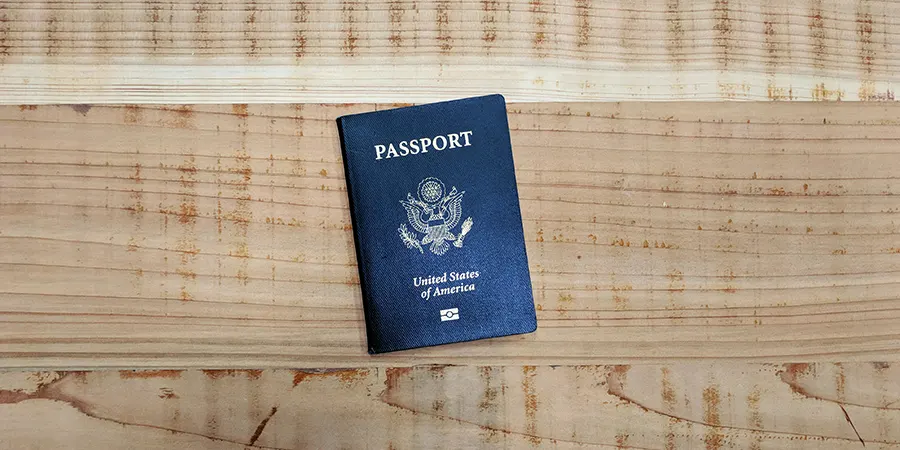For many Americans, the dream of retiring abroad offers the promise of lower living costs, new cultural experiences, and a slower pace of life. Yet alongside the excitement, U.S. citizens planning their retirement overseas must pay close attention to the changing landscape of federal budgets and policies. The U.S. budgets for fiscal years 2025 and 2026 carry several implications for retirees abroad—some reassuring, others more challenging.
Social Security: Stable but Under Pressure
In 2025, Social Security payments continue to be made abroad, with only a few exceptions depending on the country of residence. There have been no direct cuts so far, but the rising cost of entitlement programs has been flagged in the 2025 budget, keeping long-term sustainability in the spotlight. Looking ahead to 2026, lawmakers are openly debating reforms. While major changes are unlikely to happen overnight, adjustments such as cost-of-living increases or eligibility rules could come under review. For retirees abroad, benefits remain reliable today, but it is wise to plan with the possibility of future modifications in mind.
Medicare and Healthcare: The Biggest Gap
Healthcare remains the thorniest issue for retirees outside the U.S. Medicare does not cover treatment overseas, forcing Americans abroad to rely on local healthcare systems or take out private international insurance. In 2025, nothing changes on this front. In 2026, budget proposals make it clear that extending Medicare portability is not on the horizon. With U.S. healthcare budgets under pressure, the likelihood of reform in favor of expats is even slimmer. For anyone planning retirement abroad, private coverage is essential, and rising costs are likely to be an ongoing reality.
Taxation: Complexity and Delays
U.S. citizens are taxed on worldwide income, whether they live in Boston or Barcelona. This continues unchanged in 2025. US retirement accounts are not covered by the Foreign Earned Income Exclusion, but the Foreign Tax Credit usually helps avoid double taxation. However, in 2026, the search for revenue in Washington may place retirement-related tax relief under scrutiny. At the same time, proposed cuts to the IRS could lead to slower refund processing and delays in handling claims for foreign tax credits. For retirees, the tax system remains complex, and navigating it abroad will require patience and professional guidance.
Consular Services: Slower Support
Consular services are already feeling the squeeze. In 2025, budget constraints mean longer waits for passport renewals, reports of birth abroad, and emergency support. By 2026, deeper cuts to foreign affairs funding could reduce staffing further, making it harder for Americans overseas to access timely assistance. Retirees will need to allow more time for paperwork and may face additional frustration when dealing with embassies and consulates.
Currency and Investments: A Volatile Picture
One downside for retirees in 2025 has been the weakening of the U.S. dollar, which provides Americans with lower overall incomes in local currencies in many countries. With high deficits and rising interest costs, the dollar and U.S. markets could become more volatile, affecting retirement accounts such as IRAs and 401(k)s. For retirees abroad, diversifying income sources—through multi-currency accounts or local investments—could provide a valuable buffer against swings in the dollar’s value.
Family Considerations: Education Costs Rising
While many retirees focus on their own income and healthcare, family needs often come into play. In 2025, federal student aid will still be available for children or grandchildren studying at eligible overseas institutions. But in 2026, cuts to Pell Grants and student aid programs could make education more expensive, reducing the level of federal support available to expat families.
Immigration and Travel: More Red Tape Ahead
In 2025, retirees abroad can still travel freely in and out of the United States, though those in Europe are adjusting to the new EU Entry/Exit System, which adds an extra step at the border. By 2026, with increased funding for immigration enforcement, border scrutiny could intensify, and visa or processing fees may rise. For retirees who split their time between the U.S. and another country, this may mean a little more bureaucracy and higher costs.
The Bottom Line
For U.S. citizens retiring abroad, the years 2025 and 2026 offer both stability and challenges. Social Security continues to flow, but its long-term future remains under debate. Medicare remains unavailable overseas, making private coverage essential. Taxes stay complicated, and the IRS may become slower to respond. Consular services are already stretched thin and could be cut back further. The weaker dollar is having a huge impact, and volatility may grow in the coming year.
Overall, retirees abroad can expect income to keep arriving, but must prepare for shrinking support from U.S. systems. Success in retirement will depend less on what Washington provides and more on careful planning, self-reliance, and adaptability to changing global and fiscal conditions.






